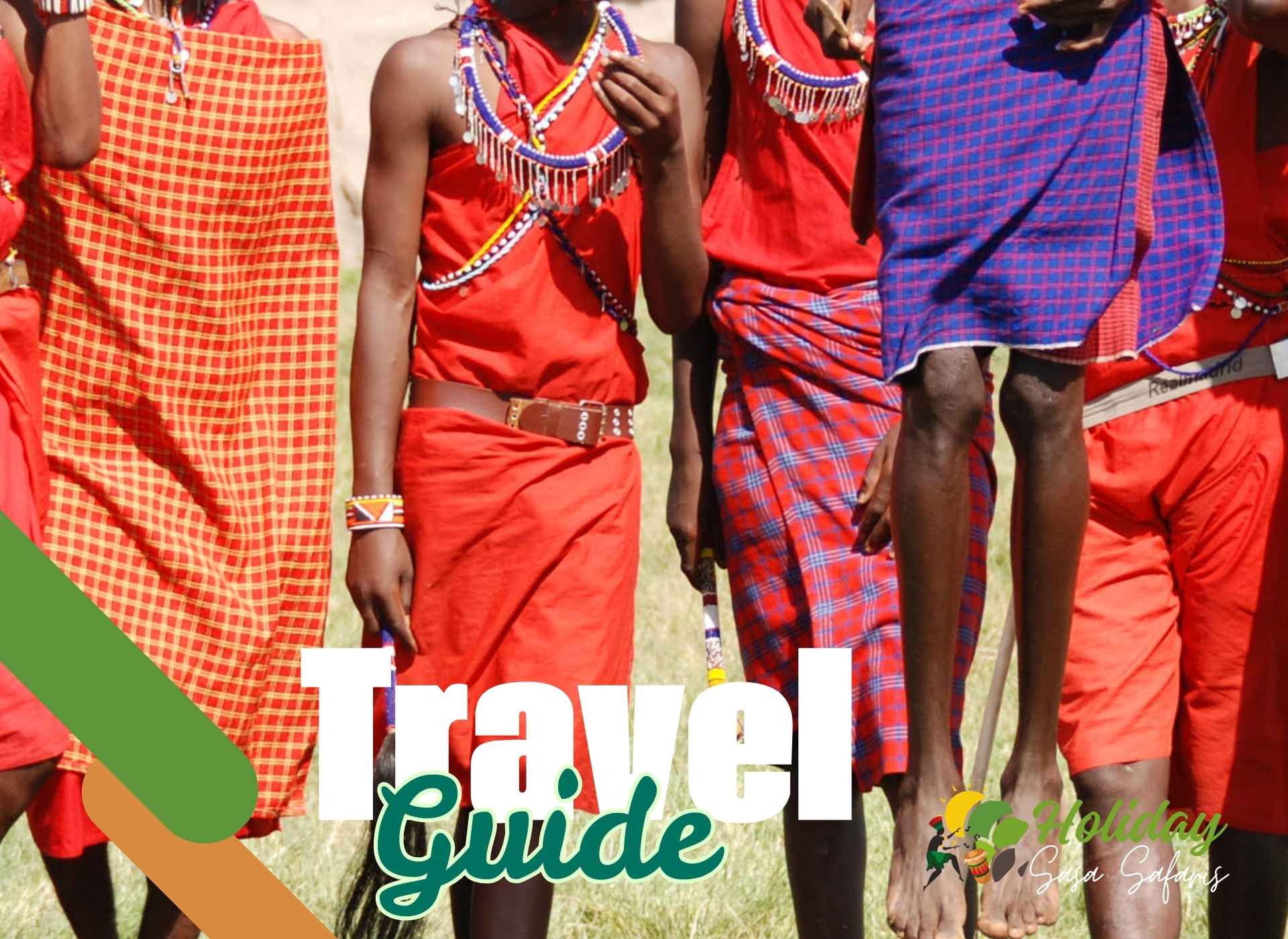East Africa is a vibrant tapestry of cultures, languages, and traditions that reflect the rich history and diversity of its people. Comprising countries like Kenya, Uganda, Tanzania, Rwanda, Burundi, and the enchanting islands of Zanzibar, this region offers travelers a chance to connect deeply with its heritage. From traditional ceremonies to culinary delights, let’s explore the cultural treasures of East Africa and discover how you can immerse yourself in these unique experiences.
1. The Melting Pot of Languages and Ethnicities
East Africa is home to over 130 ethnic groups, each with its own languages, customs, and traditions. Swahili, a blend of Bantu, Arabic, and Persian influences, serves as a lingua franca across the region. In Kenya, you’ll find diverse communities such as the Maasai, Kikuyu, and Luo, each contributing to the nation’s rich cultural mosaic. Uganda boasts ethnic groups like the Baganda and Basoga, while Tanzania is known for its indigenous peoples such as the Sukuma and Maasai.
Cultural Experiences:
- Language Classes: Engage in Swahili language classes to enhance your interactions with locals.
- Cultural Festivals: Attend events like the Maasai Mara Cultural Festival in Kenya or the Nguvumali Festival in Tanzania to witness traditional dances, music, and crafts.
2. Traditional Arts and Crafts
The artistic heritage of East Africa is vibrant and varied. From intricate beadwork to colorful kanga textiles, the craftsmanship reflects both the history and the daily life of the people.
Highlights:
- Kanga and Kikoi: In Zanzibar, you’ll find beautiful kanga fabric, often adorned with proverbs, which locals wear for various occasions. Kikoi, a colorful sarong-like cloth, is popular in coastal regions of Kenya and Tanzania.
- Maasai Beadwork: The Maasai are renowned for their intricate beadwork. Visit a local community to learn about the significance of different colors and designs in their jewelry.
Cultural Experiences:
- Artisan Workshops: Participate in workshops where you can create your own crafts, guided by local artisans.
- Market Tours: Visit local markets in cities like Nairobi, Kampala, and Dar es Salaam to experience the hustle and bustle while supporting local artists.
3. Cuisine: A Flavorful Journey
East African cuisine is a delightful blend of flavors influenced by indigenous traditions and external cultures. Staples like ugali (maize porridge), injera (sourdough flatbread), and various stews and grilled meats showcase the region’s culinary diversity.
Culinary Highlights:
- Kenya: Try nyama choma (grilled meat) at a local nyama choma joint and savor traditional dishes like sukuma wiki (collard greens).
- Uganda: Indulge in matoke (steamed plantains) and groundnut stew.
- Tanzania: Don’t miss the fresh seafood and spiced rice known as biryani on the coastal islands.
Cultural Experiences:
- Cooking Classes: Join a cooking class to learn how to prepare traditional dishes, incorporating local ingredients and techniques.
- Food Tours: Take guided food tours in cities like Nairobi or Stone Town, where you can sample street food and local delicacies.
4. Traditional Music and Dance
Music and dance are integral to East African culture, serving as expressions of identity, storytelling, and community bonding. Each ethnic group has its own unique musical style, often accompanied by traditional instruments.
Cultural Highlights:
- Taarab Music in Zanzibar: Experience the enchanting sounds of taarab, a fusion of Swahili, Arabic, and Indian influences, typically performed at celebrations.
- The Ngoma Dance: In Rwanda and Burundi, ngoma dance performances are a vibrant display of traditional rhythms and movements.
Cultural Experiences:
- Live Performances: Attend local music and dance performances, where you can participate and learn traditional dances.
- Drumming Workshops: Join a drumming class to learn about the significance of rhythm in East African culture.
5. Rituals and Ceremonies
Many East African communities still practice traditional rituals that mark important life events such as births, weddings, and initiations. These ceremonies provide profound insights into the values and beliefs of different cultures.
Cultural Highlights:
- Maasai Ceremonies: Witness a Maasai wedding or initiation ceremony, characterized by vibrant attire and elaborate rituals.
- Ugandan Traditional Marriage: Experience a traditional Ugandan wedding, where families come together in a colorful and joyous celebration.
Cultural Experiences:
- Community Visits: Connect with local communities and seek permission to observe their ceremonies, gaining a deeper understanding of their traditions.
- Storytelling Sessions: Attend storytelling events where elders share folktales and legends, preserving cultural narratives for future generations.
6. Cultural Heritage Sites
East Africa is dotted with UNESCO World Heritage Sites that showcase its rich history and diverse cultures. From ancient rock art to colonial-era architecture, these sites tell the stories of the region’s past.
Cultural Highlights:
- Lamu Old Town, Kenya: This UNESCO site is known for its well-preserved Swahili architecture and rich maritime heritage.
- Rwanda’s Genocide Memorials: Learn about the nation’s history and resilience at memorials that honor the victims of the genocide.
Cultural Experiences:
- Guided Tours: Take guided tours of heritage sites to understand their historical significance and the cultural context behind them.
- Volunteer Opportunities: Engage in conservation projects at cultural sites, helping to preserve their legacy for future generations.
Conclusion
East Africa is a region rich in cultural diversity and heritage, offering travelers endless opportunities to connect, explore, and experience. Whether through music, food, art, or traditional ceremonies, immersing yourself in the heart of East African traditions will leave you with lasting memories and a deeper appreciation for the people and their stories. At Holiday Sasa, we curate experiences that allow you to engage authentically with this beautiful region. Come and discover the cultural treasures that await you in East Africa!





Leave a Reply
You must be logged in to post a comment.